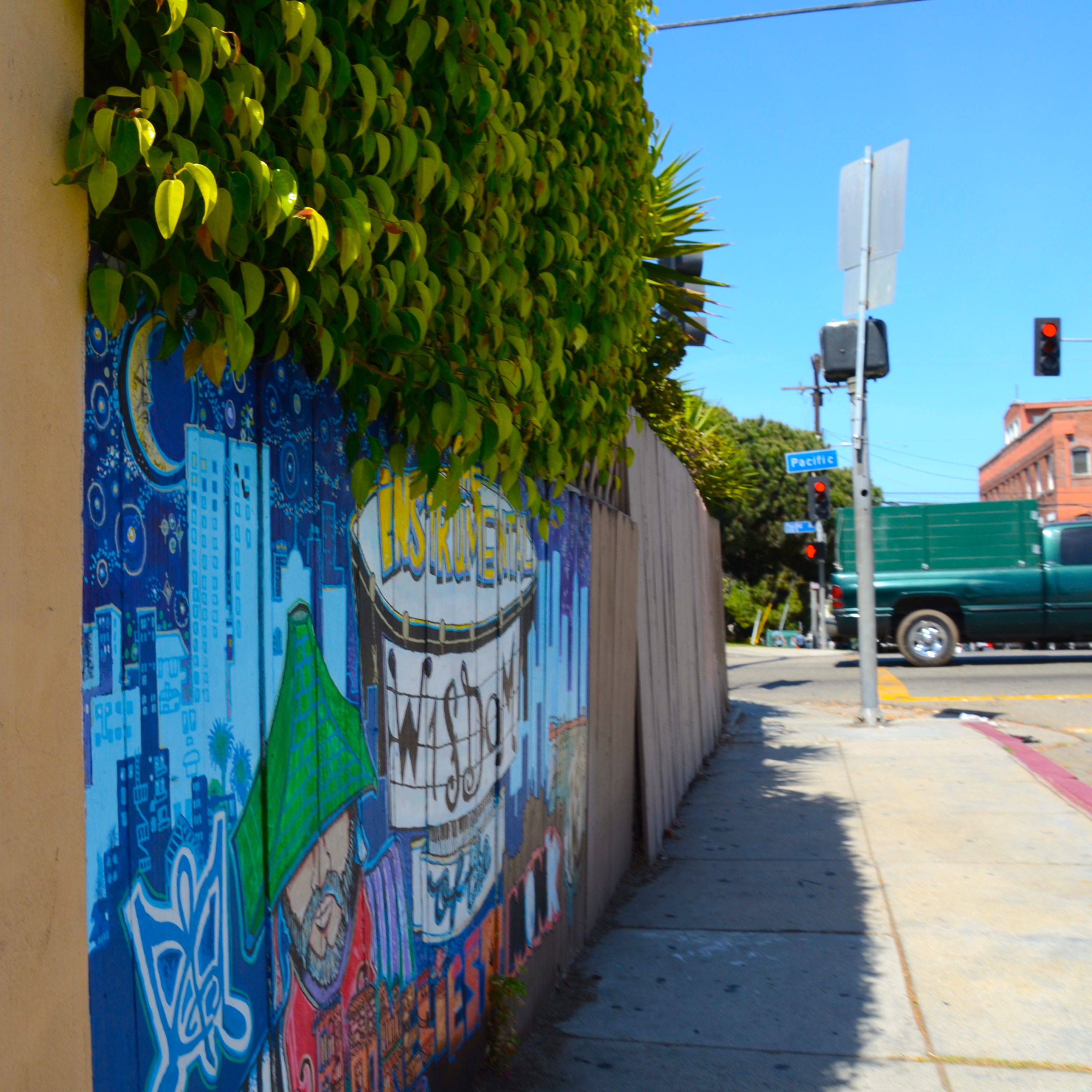“Our mission is to correct only the most flagrant name confusions, leaving undisturbed much that is to be regretted but can be endured.” – Charles Murdock
Benedict Brown didn’t think himself capable of admiring anyone more than he did Mr. Charles A. Murdock, chairman of the 1909 San Francisco street naming commission, a group whose chief objective was exactly as it sounds. Benedict did have a few friends he liked, though no more than four or five, and then his everyday acquaintances – the mailman, the crossing guard and Belinda, his nettlesome wife – but all were mildly drawn characters passing through the roadway of his life, tolerated on occasion and never worthy of the kind of pure, well-earned praise reserved only for Charles.
At the very brim of the 20th century, Mr. Murdock, a successful printing professional, organized a small but dedicated coalition of local San Franciscans to comb through the confusing street names given to the thoroughfares and byways of the booming Northern California metropolis. (Benedict loved calling a city a “metropolis,” especially at fancy dinner parties when cloth napkins had to be used. He believed that such a word made him seem endlessly more interesting during any occasion for which mere paper napkins wouldn’t do.)
Back to Charles: Together with an official from the Board of Public Works, a superintendent from the Post Office, an editor from a local publication called Sunset Magazine, and a historian, Mr. Murdock renamed the bevy of duplicate First Avenues, honored deceased leaders in paved veneration and worked to make the city navigable, sensible and enviably streetwise to any who might wish to cross into the hilly belly of the San Francisco beast.
And Benedict couldn’t be more proud.
He first discovered Charles Murdock when he was eight, waiting for his grandmother to finish her canasta game at the local public library. The books there smelled of wet laundry and felt like lightly powdered mothballs to the touch but with his parents working at the restaurant that Saturday afternoon, he had nothing better to do than wait around for Nana Brown.
“Can I help you find anything, sweetheart?” Asked a librarian who to this day Benedict can picture with perfect detail; her pale face looked like someone held a waffle maker between both cheeks and pressed just a smidgen too hard.
“Um …” What could young Benedict say? For almost eight long years – since he could crawl and then walk – he had an unexplained desire to discover things, to travel on the smooth sidewalks by his house and see where they might lead. But how could this librarian, with her pock-marked, belgian-waffle cheeks and far-too-elongated jaw ever understand? “I really like roads,” he said with enough aloofness to ward off any more “sweethearts” that might be lobbed his way or idle conversation that might be had.
“Very interesting,” replied the librarian. Then she smiled at him. Not an empty smile reserved for silly little boys who say they like firetrucks and Spiderman and choo choo trains and roads but a real smile that made Benedict think it might just be at the public library where the key to his wandering ambitions could be found.
“I’ve got a book I think you might like.”
With the precision of a pale, preying feline of fiction, the breakfast-faced librarian swirled around to the shelves behind her and removed the fourth book from the end of the top row. Benedict remembered it was the fourth book because four was his favorite number and because her selection only solidified a growing conviction inside his twelve-year-old soul that not only did this librarian have the answers to assuage his meandering mind but also that she could probably be the one. (Looking back on the whole encounter, he often wished he had returned to the librarian as a grown man instead of marrying the first woman who seemed not to mind him standing nearby. In a twist of undeniable truth, Benedict had to admit Belinda was a bore.)
Oh where might that librarian be today?
Her book choice, as it turns out, wasn’t just something Benedict liked but, to put it lightly, a publication to shift his entire perspective on life. Now he knew nothing less should’ve been expected to arrive off the page from words written by Charles Murdock himself.
“A Backward Glance at Eighty,” the librarian’s existence-altering selection, chronicled Murdock’s life – from his early years growing up on a New England farm to his publishing adventures as a businessman in San Francisco – and in its sparse descriptions of river bends and ravines and reviews etched to the printed page, Murdock’s memoir sparked inside 20-something Benedict Brown the desire to place order and organization where it hadn’t been before. Researching further about Murdock only made Benedict’s admiration grow; Charles had, with his rugged band of officials and with a brave historian in tow, untangled the mess of streets and roads that had been a once-disheveled, early-1900s San Francisco; this man had, in Benedict’s mind, singlehandedly sparked an orderly street revolution when no one else could. The feat went beyond just good deeds of a kind samaritan, what Charles accomplished was to paint San Francisco with his masterful strokes of street art.
So, with a fresh ambition to become the next great purveyor of properly named roadways and a wife with no ambition at all, Benedict moved to a town in Mississippi so small even its name came from a placeholder designation created by one lazy map-maker named Gerald who couldn’t be bothered to care.
“Unknown, Mississippi,” as the sleepy place was known, proved the ideal location for a burgeoning street-namer; no developers wanting roads named after them, no order to the way street titles were designated. Unknown needed Benedict Brown, their street savior, and Benedict Brown needed to be their one.
Just today, he was sitting in his generously sized office in Unknown, expertly discerning a Main street from an Elm street from an Oak street, about to sign papers christening Maple Street to run from the corners of all three, when the phone rang.
It was the librarian.
Small talk ensued, during which she said something close to: “I always knew you’d be someone, Benedict. You had a knowing glint in your eye.” And could he rename the library? It was undergoing renovation and needed a new title given by one of its most successful patrons, Benedict Brown, the namer of Unknown streets.
A week later he was back among the library’s moth-odored, wet-laundry shelves, about to cut a ribbon which had been placed at the entrance to the newly named Charles A. Murdock Public Library, when he looked across the crowd of tens, (maybe twenty) and gave a short, knowing wink to his now-graying waffle-cheeked Librarian, the one woman in his life who would forever be a face without a name.



A waffle faced gem! Here’s to daily little words, you prolific wonder.